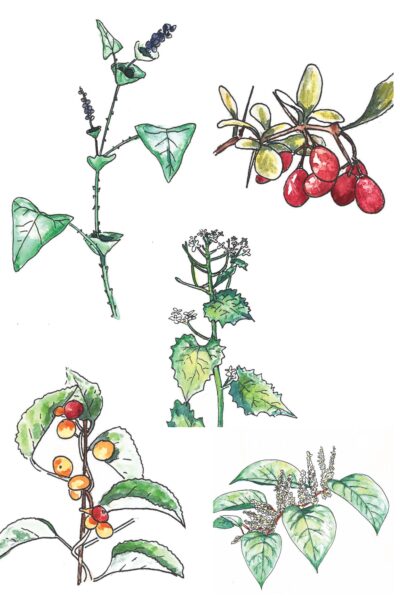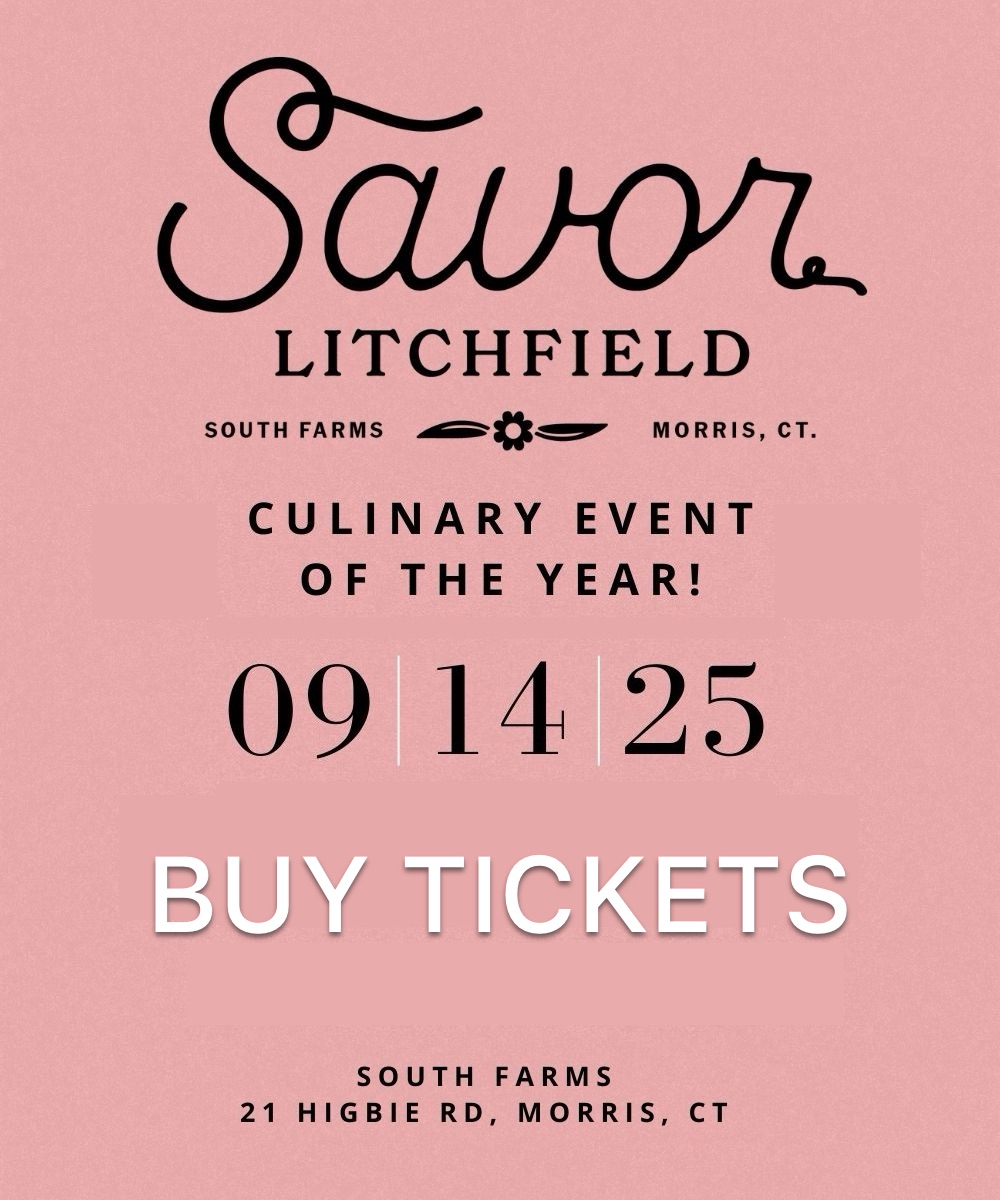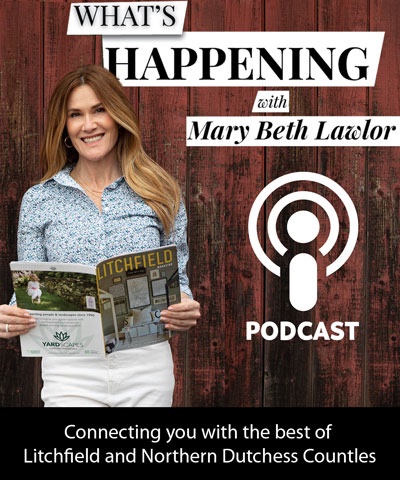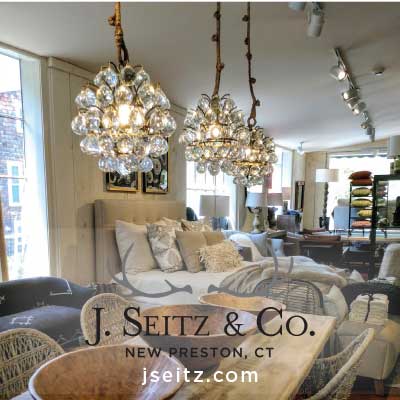May 6, 2025
Five Invasive Plants To Remove From Your Garden—And Why It Matters
Illustrations by Shannon Blanton
Invasive plants may seem harmless, but they outcompete native species, disrupt ecosystems, and reduce biodiversity. Removing them helps restore balance and protect local wildlife. As garden writer Jane Garmey puts it, “Getting rid of them is back-breaking, time-consuming, and exhausting, but unfortunately, it’s a non-negotiable gardening chore.” Here are five invasive plants commonly found in your backyard that you should eliminate:
1. Japanese Knotweed—This aggressive spreader can grow through foundations and crowd out native plants. Even small root fragments can regrow, making removal challenging.
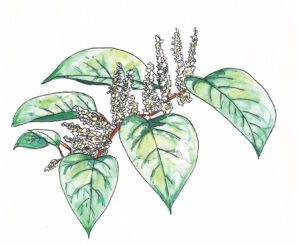
2. Mile-a-Minute Vine—True to its name, this fast-growing vine smothers shrubs and trees, preventing them from getting sunlight.
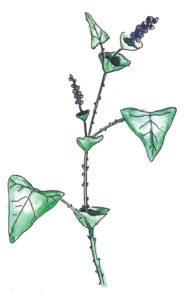
3. Asiatic Bittersweet—A climbing vine that strangles trees, damaging forests and landscapes. Removing it helps native plants thrive.

4. Garlic Mustard—It releases chemicals that prevent other plants from growing, reducing habitat for native pollinators. Pull it before it goes to seed!
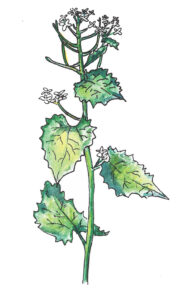
5. Barberry – While popular in landscaping, this thorny shrub harbors ticks and displaces native plants, making it a threat to both ecosystems and human health.
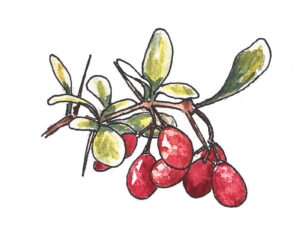
By tackling these invasives, you’re not only protecting your own garden but also contributing to a healthier, more resilient local environment. After you’ve cleared these plants, be sure to bag them and throw them out; they should never be tossed back on the ground or in a compost bin.





